SUMMARY
This is AI generated summarization, which may have errors. For context, always refer to the full article.
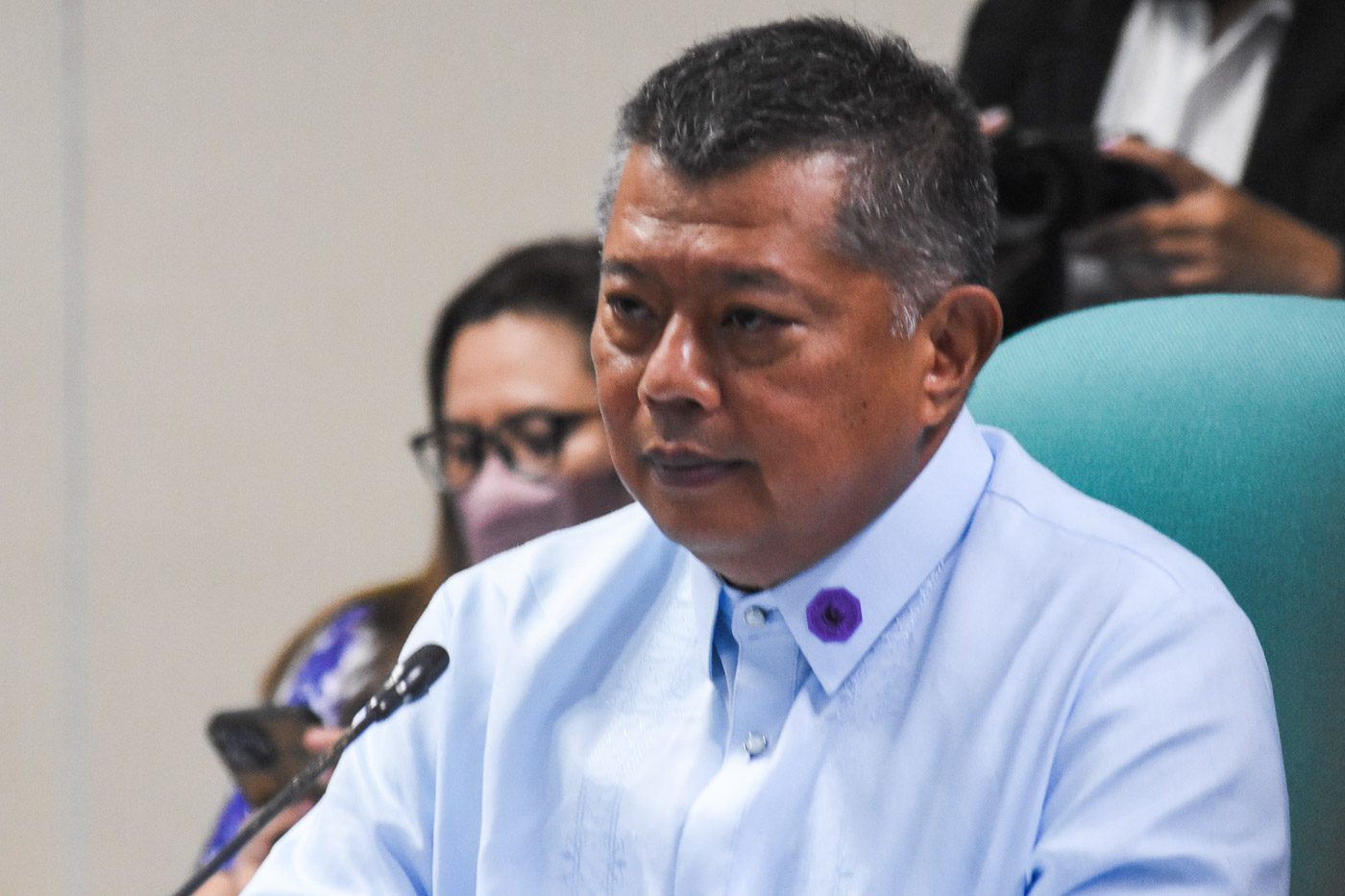

MANILA, Philippines – Department of Justice (DOJ) Secretary Jesus Crispin “Boying” Remulla warned that Internet Service Providers (ISPs) may face sanctions if they fail to help with the government’s crackdown against the online sexual exploitation of children.
Speaking during Kapihan sa Manila Bay event on August 24, Remulla said the ISPs could be considered as accomplices or accessories if they fail to do their duty.
“Basic principle of criminal law. Principle of accomplice or accessory. That is what we can use, but we are asking for their help, ‘no (right)? We do not want to go charging everybody, but we just want people to cooperate,” the justice secretary explained.
Remulla said telecommunications companies (telcos) and social networking sites could also be held liable.

“Telcos, social networking sites, yes. Dapat ma-filter lahat ‘yan eh. Dapat talaga magkaroon ng filters para hindi na matuloy (They should be filtered. They should have filters so the operations would not continue). Facebook, we will also ask for their cooperation,” Remulla added.
Republic Act No. 11930 or the anti-online sexual abuse and exploitation of children (OSAEC) law, further requires ISPs and other concerned sectors to help in cracking down online predators.
Under section 10 of the law, private sectors – including ISPs, telcos, and social networking sites – which fail to do their mandates could suffer the penalty of prision mayor in medium period and a fine of not less than P1.2 million, but not more than P2 million for the first offense. For subsequent offenses, the penalty is not less than P2 million, but not more than P3 million.
If applicable, the business’ license or franchise can be revoked, and immediate closure could be ordered against them.
Remulla’s ultimatum
The justice secretary, during the forum, also gave an ultimatum to ISPs and telcos to comply with the government’s crackdown against online sexual abuse.
“We will give them [an] ultimatum. I just have to speak with the cybercrime division again so that we will know how long it will take for these key persons to comply with the law.”
Remulla noted that in 2021, the National Telecommunications Commission released a show cause order against 47 ISPs for supposedly failing to comply with their obligations on the Republic Act No. 9775 or the Anti-Child Pornography Act of 2009.
Last year, then justice secretary and now Solicitor General Menardo Guevarra said former president Rodrigo Duterte approved his recommendations to sanction ISPs, which failed to follow the law.
Aside from the anti-OSAEC law, ISPs are also mandated to act on online sexual abuse under the Anti-Child Pornography Act. Section 9 of the law mandates ISPs to preserve evidence: “an ISP shall preserve such evidence for purpose of investigation and prosecution by relevant authorities.”

Strengthening immigration
Aside from mobilizing ISPs and telcos, Remulla also wants to address the problem with child exploitation by seeking reforms on the country’s immigration bureau. The justice secretary notes that foreign nationals can easily enter the country.
“At saka ‘yong nagpupunta rito na person kasi wala silang visa na kailangan. They enter through our system, which is very porous. ‘Yan po ang ating ginagamot ngayon (And those people who come here because visa is not needed. They enter through our system, which is very porous. That’s what we are fixing right now),” Remulla said.
The same concern was raised by Philippines’ special envoy to the United Nations Children’s Fund Nikki Teodoro during the government’s interagency meeting on August 23, where online sexual abuse was also discussed. – Rappler.com
1 comment
How does this make you feel?



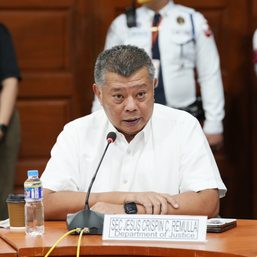
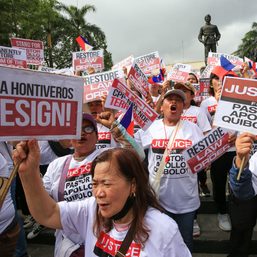
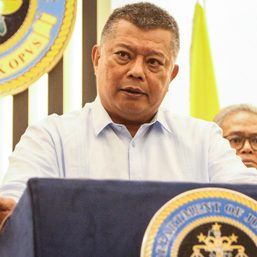








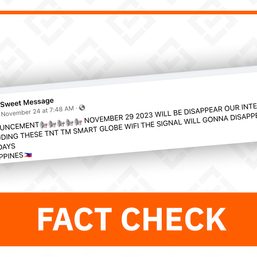

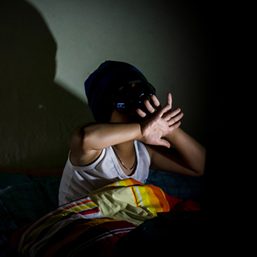
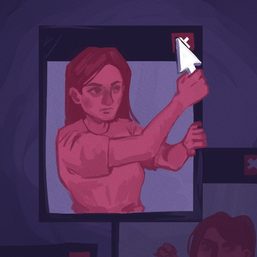


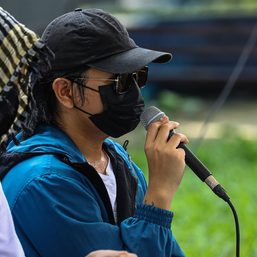
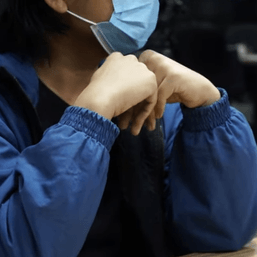


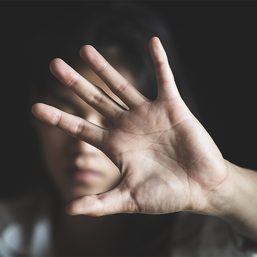
Tama lang. Pero dapat yung mga powers sa law na ito ay hindi gamitin para sa red-tagging.